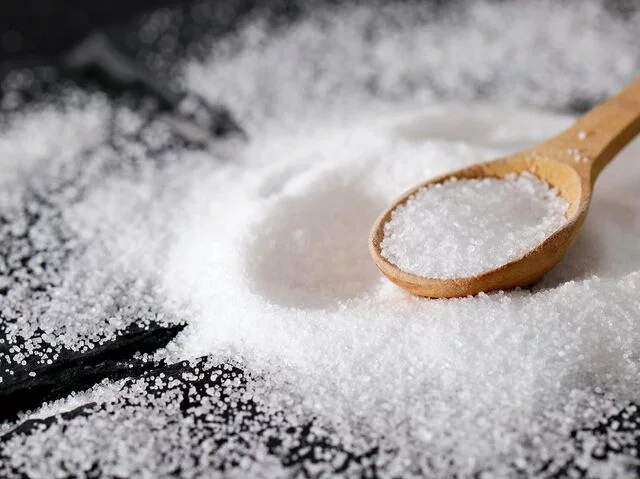Why is iodized table salt so important?

According to the World Health Organization, about one-third of the world’s population lives in areas with natural iodine deficiency. Alarmingly, more than 30% of these are school-aged children.
Iodine deficiency can cause congenital disorders, reduced intellectual development, and irreversible brain damage in infants and unborn children.
Uzbekistan’s Ministry of Health reports that iodine-related disorders are becoming a growing issue in the region, as Central Asia is among the endemic zones for such health problems.
Consumers should check packaging details when buying salt: manufacturer name, product grade, iodine type, date of production, expiration, and storage instructions. The salt must be stored below 28°C.
The WHO recommends limiting iodized salt intake to no more than 5 grams per day — approximately one teaspoon — to maintain a balanced metabolism.
Read “Zamin” on Telegram!













